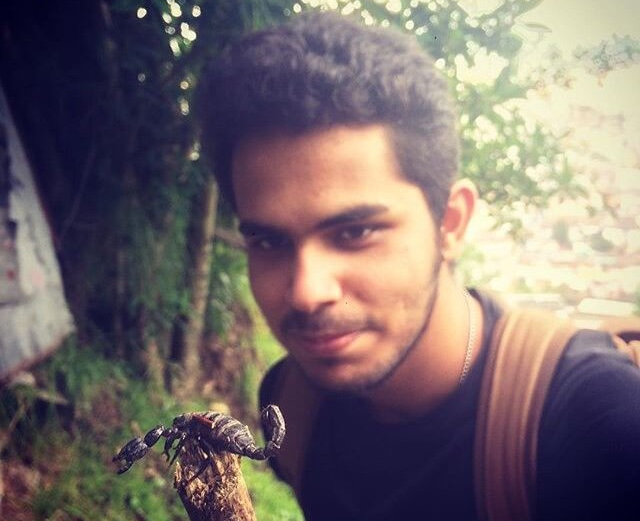
| Academic Year | 2023-2024 |
| a.chakraborty.23@abdn.ac.uk | |
| Institution | University of Aberdeen |
Biography
School: School of Biological Sciences
Project: Functional ‘omics for assessing resilience to environmental stress in the intertidal beadlet anemone Actinia equina
Supervisors: Marius Wenzel, Sarah Helyar & Stuart Piertney
Undergraduate Education: BSc (hons) Wildlife Biology, Manchester Metropolitan University
Postgraduate Education: MPhil Biological Science, Manchester Metropolitan University
Research: Understanding how marine organisms respond to acute environmental stressors such as pollution and chronic stressors such as climate change is essential for managing and conserving coastal marine ecosystems. A major knowledge gap is the extent to which individuals vary in responding to stress, what mechanisms underlie these differences and how this variation then affects resilience at a population, species and ecosystem level.
l will use the common intertidal beadlet anemone Actinia equina as a powerful model system for examining these issues. Environmental stressors such as temperature and oil pollution disrupt feeding, reproduction and social behaviour in this species, leading to population perturbation and knock-on effects on intertidal communities. However, what makes A equina a perfect model for my research is that their responses vary distinctly between colour morphs that also differ significantly in ecology and physiology, so much so that A equina have been proposed to be a species complex.
My research includes fieldwork, laboratory microcosm experimentation and state-of-the-art DNA and RNA sequencing techniques to address the following specific questions: 1) What genes change expression, splicing or methylation in response to environmental stress? 2) What are the differences in these molecular responses between cryptic Actinia species? 3) How is genetic diversity at important stress-response genes structured in populations and between cryptic species? The project will involve long-read DNA/RNA sequencing on the Oxford NanoPore MinION platform to identify RNA splicing patterns and epigenetic DNA methylation levels. Coupled with extensive cutting-edge bioinformatics and biostatistics analyses. Thus, my research will provide high-resolution insight into the molecular landscape of stress responses and variation of such responses between individuals, populations and species, building a foundation for developing biomarkers for assessing biodiversity and stress resilience in natural anemone populations.
Other:





















































